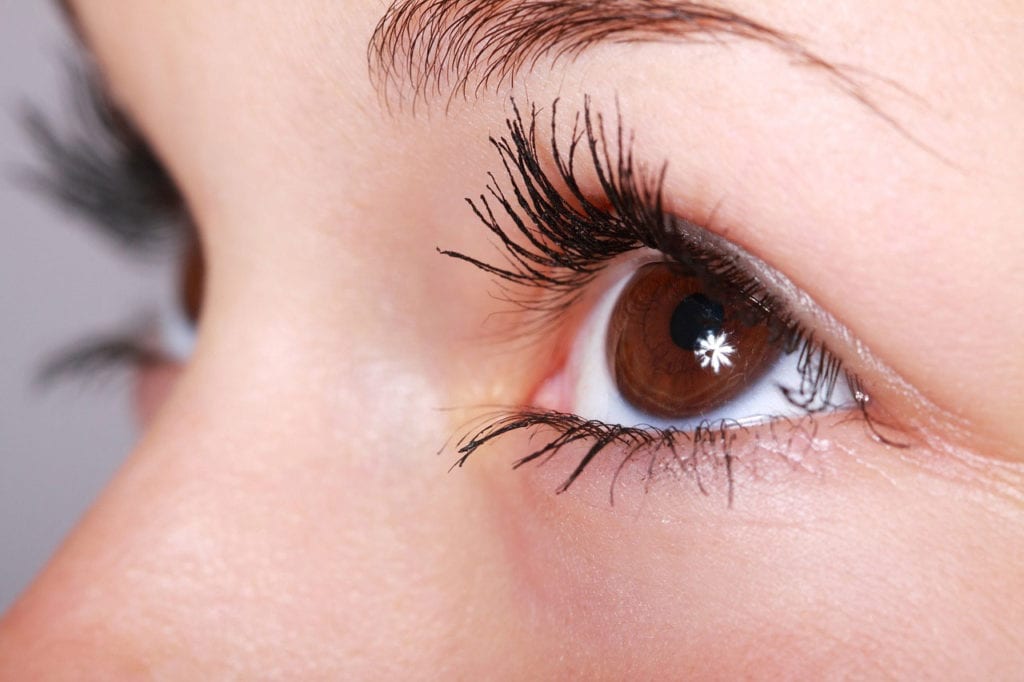A press release from Applied Genetic Technologies Corporation, which can be found in full at GlobeNewswire, has announced that enrolment for a phase 1/2 clinical study has been completed. The trial will test a possible new gene therapy designed to treat x-linked retinoschisis (XLRS).
XLRS is a condition that causes vision problems in males, often from a very early age. The vision impairments are usually between 20/60 and 20/120, and cannot be improved with glasses. For some people with XLRS vision remains stable over time, while for others it deteriorates. Associated problems occur in approximately 40% of patients and can include retina detachment and bleeding. XLRS predominantly affects males, because it is caused by a mutation of the RS1 gene on the X chromosome, which in men is paired with a Y chromosome. Since this means that men only have a single copy of the RS1 gene, if it is mutated then they will develop XLRS. In comparison, women have two X chromosomes, so even if one carries the mutated XLRS gene, it is very likely that the other X chromosome will carry a healthy copy of the gene and the disease wont be expressed.



